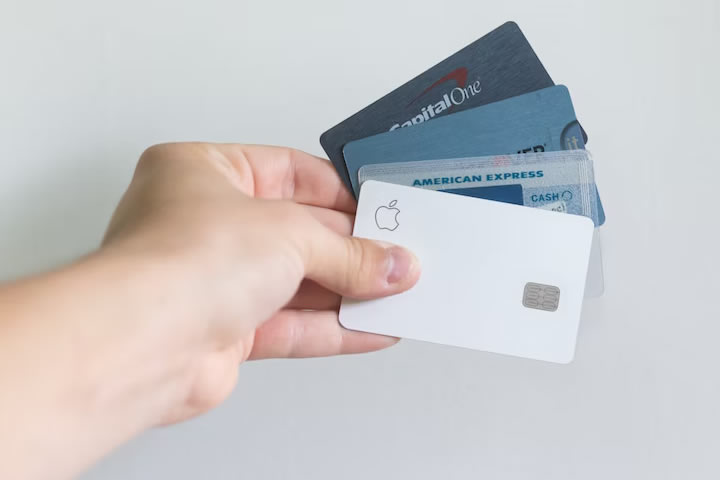In years gone by, any average Joe was heavily restricted in what he or she could do with their money. You were faced with a choice of either keeping your cash under your mattress or putting it in one of the few high street banks that had a branch near your house.
Investing was even more difficult. You’d usually have to arrange an appointment with a broker or financial advisor and you’d be heavily restricted on what funds and stocks you could purchase.
Gaining access to financial markets like this was also expensive, with hefty trading fees on individual transactions or the traditional “two and twenty” structure eating into your capital.
Loans too were much more complicated. Borrowing required you to have a good relationship with the bank manager, attend a meeting in your best clobber, and demonstrate that you would be prudent with the money.
Today, you can do all of this without even getting out of bed since there’s an app for practically every area of personal finance.
In recent years, this has created a revolution in the way we manage our fiscal affairs, getting people to take an interest in the stock market, and to prepare for their futures.
But while the quantity of valueless TikTok videos dropping stock tips in a video of someone dancing may have declined, consumers continue to value control over their finances.
Investing Made Easy
One of the most commonly cited reasons for not investing is a lack of knowledge of the financial markets. That barrier to entry has been lowered over the last decade as online and mobile brokerages have made access to information much easier.
That’s why some investment platforms have focused on offering a small selection of funds rather than advanced investment tools and a broad selection of individual stocks. This removes the overwhelming choice that can paralyze novice investors and usually allows for lower fees.
These easy-to-use websites and apps have helped to create healthy habits of regular investing, which are unlikely to be reversed.
Trading for the Masses, Not Just the Elites
Online trading platforms have also made it much easier for consumers to gain exposure to financial and commodities markets, albeit in different ways.
In decades gone by, the ability to trade in the hopes of profiting from inefficiencies in the market was something that only large institutions could do, but today anyone with an internet connection and some spare time can attempt it too.
Of course, trading isn’t a skill that you just learn overnight, so online platforms typically offer tools that let consumers learn the ropes.
For example, demo account trading with Equiti allows users to try out the different strategies they may have learned and get to grips with the different types of trades they can make.
Lowering the barriers to entry like this will mean there will always be new aspiring traders ready to follow their dreams rather than just think about them.

Removing the Costs of Currency Exchange
Most of us will only have direct exposure to the currency markets when we travel abroad. For that reason, traditional currency exchange businesses were able to charge sizable fees and/or profit from unfavorable rates.
New fintech companies and even some traditional banks have disrupted this market to create change that is unlikely to be reversed. They’ve removed many or even all of these costs by using technology.
By harnessing credit and debit cards, consumers can now exchange foreign currencies at the real exchange rate, often with no fees.
In the UK, both Halifax and Virgin Money offer this to a large portion of the adult population through their credit cards, meanwhile, startups like Curve have made spending in multiple currencies on most existing VISA and Mastercard cards free or very cheap.
Given that we all love to save money and are reluctant to pay for something we used to get for free, this is one trend that definitely won’t be reversed.

